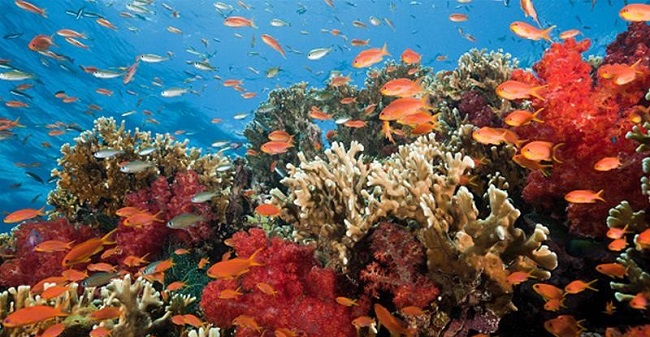Corals need nine to 12 years to fully recover following large environmental disturbances such as mass bleaching and storm damage, researchers from Australia’s Southern Cross University said in a paper published on Wednesday, February 20, 2019.

Corals are marine invertebrates within the class Anthozoa of the phylum Cnidaria.
They typically live in compact colonies of many identical individual polyps.
Corals species include the important reef builders that inhabit tropical oceans and secrete calcium carbonate to form a hard skeleton.
The study, conducted in the West Pacific Palau archipelago, between Australia and Japan, was able to collect long-term monitoring data as the reefs were not impacted by large-scale disturbances for 14 years.
However, the study is allowing the researchers to identify how reefs recover.
“Coral reefs are declining worldwide as a direct result of human influences.
“But unlike many reefs around the world, Palau’s reefs have been fortunate to experience over 14 years free from mass disturbance,’’ the study’s lead author Marine Gouezo said.
Palau’s 315 reefs suffered from a mass bleaching event in 1998 when an El Nino phase destroyed nearly 50 per cent of the corals.
By 2001 over 80 per cent of the reefs around Palau only had 0 to 5 per cent Acropora, a small polyp stony coral responsible for building the calcium carbonate substructure that supports the reef.
The Palauan reefs then experienced no major disturbance until two Category 5 typhoons in 2012 and 2013 inflicted an average 60 per cent loss in live coral cover along its eastern reefs.
Researchers then found that, while the rates of recovery differed among coral groups, “larval connectivity and juvenile coral density were prominent drivers of recovery for fast-growing Acropora.”
